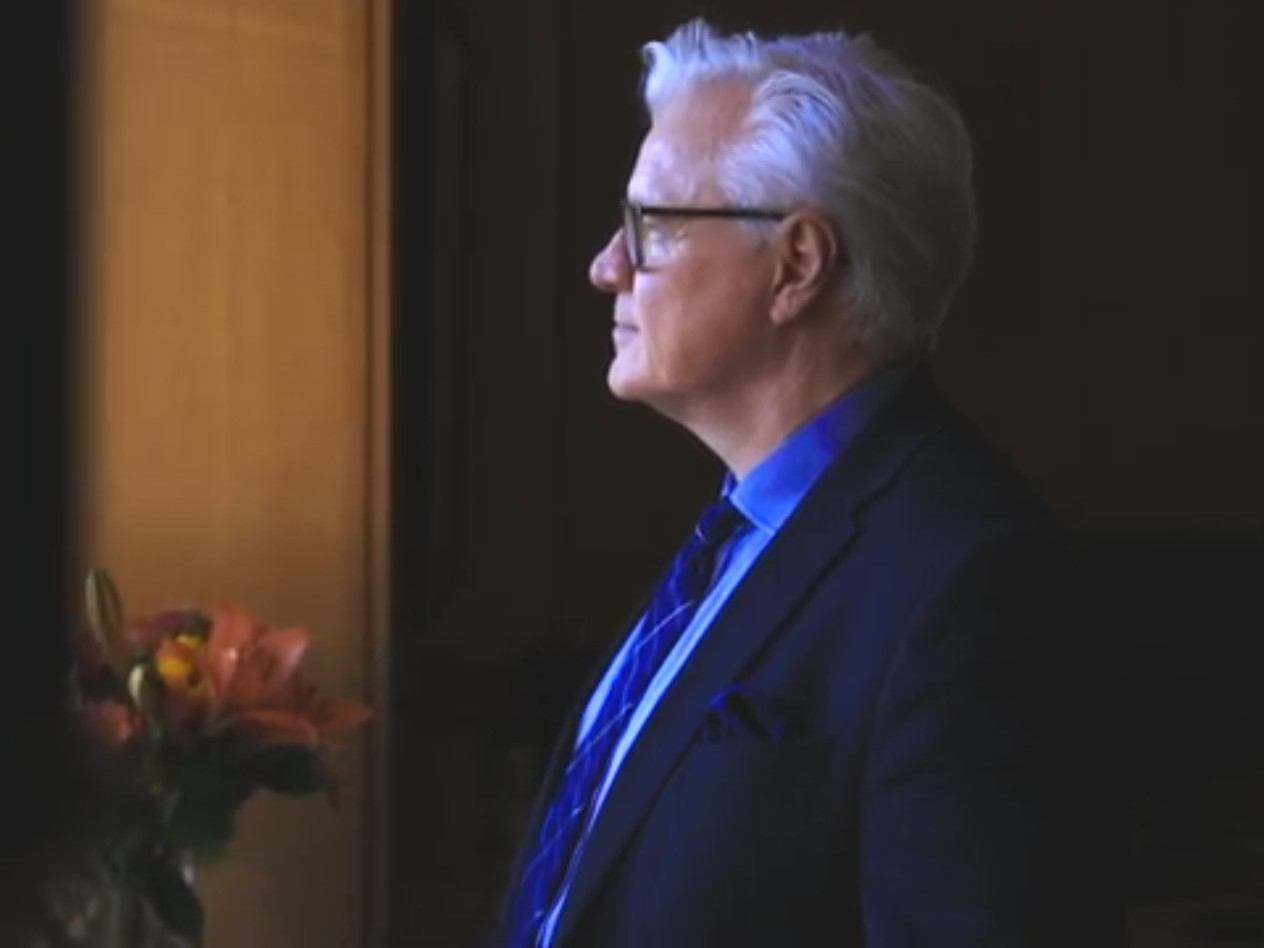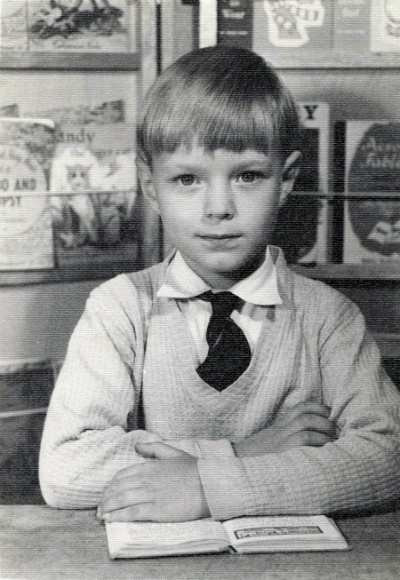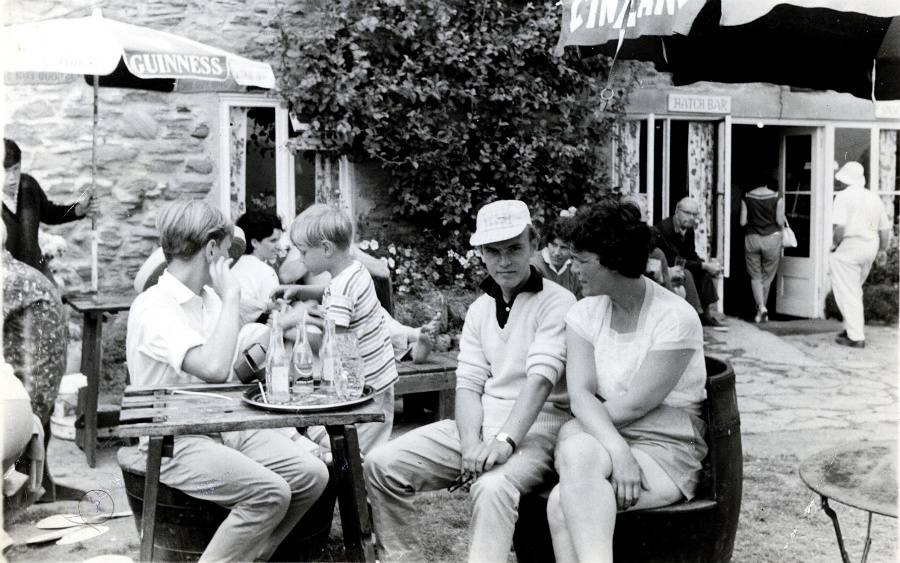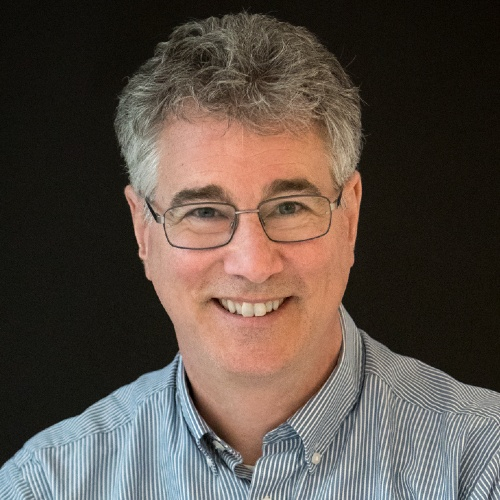Dean Taylor’s personal scholarship story
- November 21, 2019
- By Kurt Greenbaum
- 2 minute read

On most Friday nights in the 1970s, you might find teenage Mark Taylor outside a pub in the UK’s working-class Warwickshire community hawking “American hotdogs” to the patrons who had just tipped back a pint or two.

Taylor made the circuit throughout the weekend, from the pub until 2 a.m., to the soccer ground on Saturday afternoon, to a nightclub on Saturday night, pocketing 20% of the proceeds to cover basic needs—school supplies, clothes and a few meals here and there.
Taylor knew he needed to ease the burden on his parents and three brothers—who either worked for—or were destined to work for—the local auto plant in the gritty industrial town. He had different dreams in mind.
Skip ahead six years. With innumerable hotdogs and a year working as a tutor behind him, Taylor had become the first in his family to complete the British equivalent of high school. With straight A’s on his exit exams—and intervention by a visionary headmaster—Taylor became the first in his family to attend college.
And not just any college: The oldest campus in the English-speaking world—tracing its origins to the 11th century—Oxford University, where Taylor had earned a seat to study philosophy, politics and economics.
I suppose arriving at Oxford and being able to measure myself against people with different backgrounds—that was the first time I realized how transformational this could be. Without financial assistance, it would not have been possible.
—Dean Mark Taylor
That financial assistance came in the form of British government-sponsored scholarships available to high-achieving students who had been accepted by a university. With straight A’s on his exams, a seat at Oxford and working-class parents, Taylor not only qualified to have his fees covered, but he received a small government stipend to help with living expenses during his studies.
“You’d get one check at the start of each term, so you had to be very careful not to blow the lot in the first week,” Taylor said.
Taylor is particularly keen on the importance of undergraduate scholarships, which he views as the first and most formidable barrier. Once he had earned his undergraduate degree, Taylor was able to leverage that to get his first job in a professional career track.
From there, he could finance his further education, including a master’s in economics at Oxford, a PhD in economics from the University of London, a higher doctorate in finance from from the University of Warwick and a master’s in English renaissance and romantic literature from the University of Liverpool.
“For me, education was a totally transformational experience,” said Taylor. “The difference is not only in material well-being, but also in terms of ways you can enjoy and view the world in different ways.”
Learn more about the ways Olin works with scholarship recipients and donors—and learn how you can become one—on WashU Olin’s scholarship page.
A legacy of learning | Dean Mark P. Taylor
Taylor tells a little about his story—and about why scholarship is so important to him in his role as a business school dean.
Media inquiries
For assistance with media inquiries and to find faculty experts, please contact Washington University Marketing & Communications.
Monday–Friday, 8:30 to 5 p.m.
Sara Savat
Senior News Director, Business and Social Sciences

